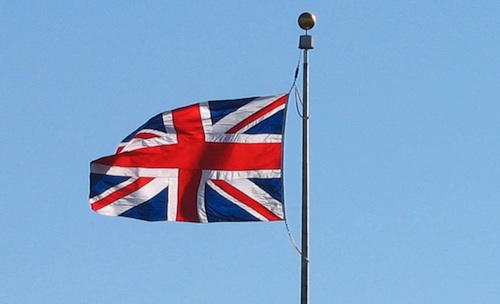
SA’s mobile operators should be glad they don’t have the UK’s telecommunications regulator Ofcom breathing down their necks. Ofcom has slashed wholesale mobile termination rates by 80% over four years in an effort to bring down retail rates.
The UK authority has got a lot tougher with that country’s operators than the Independent Communications Authority of SA (Icasa) has with operators here.
Termination rates are the fees operators charge each other to land calls on their networks. The UK regulator believes that over the next five years the impact of lower termination rates on mobile operators will decline as data revenues become a bigger contributor in their revenue mix.
Ofcom’s announcement follows SA’s own rate wholesale termination rate regulations, implemented by Icasa last year, with rates coming down to 40c/minute over a three-year glide-path period. Ofcom has proposed a four-year glide path.
The first forced termination rate cut in SA happened at the beginning of this month, a year after telecoms providers introduced a voluntary cut in the rates.
At the beginning of March, peak-time mobile termination rates for mobile calls fell from 89c/minute to 73c/minute, with off-peak rates coming down to 65c/minute from 77c/minute.
Politicians and consumers have long hoped lower termination rates will translate into lower retail rates. However, the big mobile operators have not cut their retail rates on the latest price cuts.
Ofcom has now followed suit by regulating a four-year plan to slash UK termination rates. “Lower termination rates promote competition in the mobile market, providing customers with more choice. Operators will have more pricing flexibility and will be able to increase the range of packages available to consumers,” says the UK authority.
Ofcom has taken a harder line with UK operators than Icasa has with local providers. It will reduce most termination rates from 4,18p (about R0,46) to 0,69p (about R0,07) in 2014. SA’s rate by 2013 will be 40c.
The first cut will come into effect at the beginning of April and the UK’s four national mobile operators 3UK, O2, Everything Everywhere and Vodafone will have to drop their wholesale rates to 2,66p (about R0,29).
In 2012, operators will have to cut the rate to 1,7p (about R0,18); in 2013 the rate will be 1,08p (R0,12); and finally, in 2014, the rate will be 0,69p (R0,07).
Fixed-line providers have not been included in the UK cuts, a move which Ofcom says will help reduce fixed-line call charges given that landline providers will be paying mobile operators less to land calls.
“Some operators have already promised to lower their charges,” the regulator says in a statement.
During the consolation process with Ofcom, UK operators used the same arguments SA providers presented to Icasa, saying lower termination rates could lead to lower investment in networks.
However, Ofcom has brushed aside these concerns, saying the way consumers use mobile devices has changed and data usage on networks is starting to outpace the use of voice. “According to Ofcom research, the volume of data traffic over mobile networks has increased by 104% in the past year,” it says.
Ofcom says that as mobile termination rates only apply to calls rather than data, over the four-year glide-path period they are likely to become a less significant element of mobile companies’ revenues.
Data revenue increased by 90% between the fourth quarter of 2007 and the fourth quarter of 2009, and Ofcom expects continued data revenue growth.
“Ofcom expects that investment in the UK mobile sector will be driven increasingly by the growing appetite for data services, smartphones and mobile broadband. Ofcom does not expect lower mobile termination rates to materially change this trend.”
In SA, data usage is also growing at a rapid pace. At its annual results presentation last week, MTN announced it now has 1,6m smartphones on its network and has increased data revenue to R6,1bn from R4,4bn in 2009.
Vodacom has also enjoyed a boom in data traffic, turning in a 33% increase to R1,7bn in the quarter ended 31 December 2010 over the same three-month period in 2009.
About 2m Vodacom customers now have data bundles as opposed to buying ad hoc data and there are 3,1m smartphones activated on its network.
Cell C has not released its most recent data subscriber numbers. However, the company’s rejuvenation strategy has been based on a drive in data access. — Candice Jones, TechCentral
- Image: Geishaboy500
- Subscribe to our free daily newsletter
- Follow us on Twitter or on Facebook




